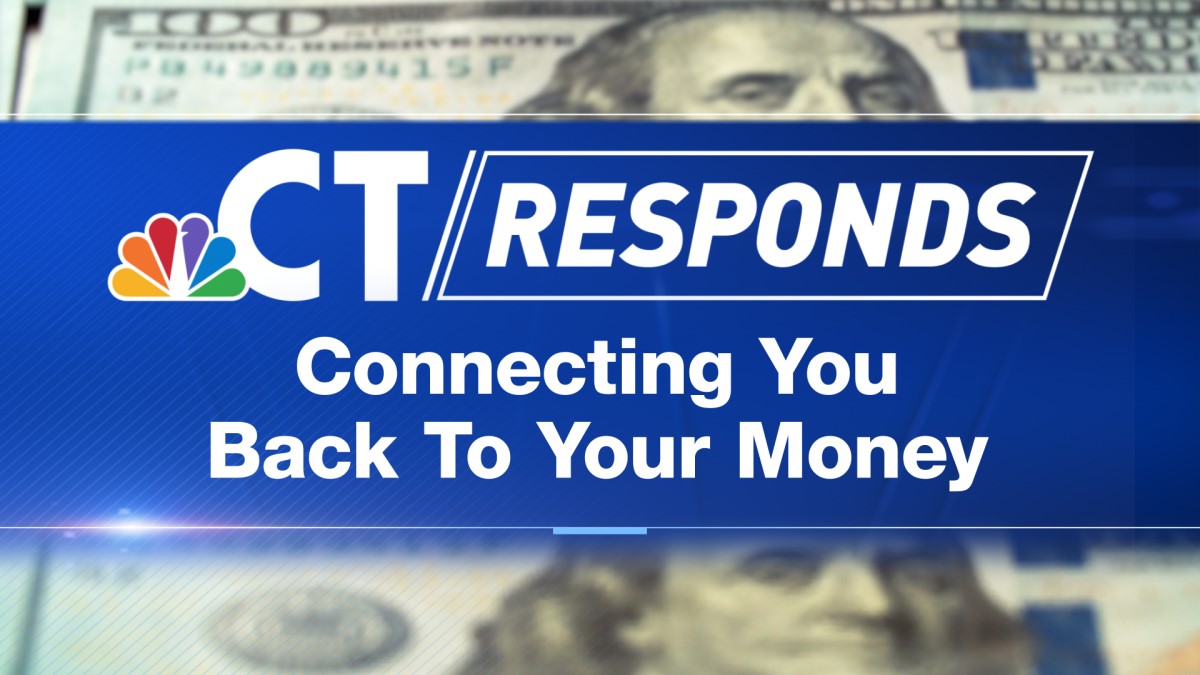Let’s face it, we’re all impacted by inflation.
High prices make it easy to reach for a credit card or miss a payment, but experts warn consumers that compounding your debt can make your potentially frustrating and stressful financial situations even worse.
Money Management International (MMI) is one of the organizations that can lend a hand.
It’s the largest nonprofit credit and housing counseling agency in the United States, where educators offer mostly online and phone services free or for a fee.
Get Connecticut local news, weather forecasts and entertainment stories to your inbox. Sign up for NBC Connecticut newsletters.
Whatever the financial stress--debt, credit score challenges, housing instability, bankruptcy - MMI educators like Thomas Nitzsche are ready to respond.
“Pretty much any of those sorts of big life decisions or scary financial things that you might be going through, we have educators and counselors that can walk you through that process," Nitzsche said.
Sometimes there’s economic factors impacting our wallet that we can’t control, like when the feds raise interest rates, like they have recently.
NBC CT Responds
Did you know that can increase the interest rate on your credit card, too?
“Every time that happens, the interest rate on variable accounts like credit cards goes up, often without your knowledge, because banks are not required to notify you of that,” Nitzsche said.
So, while interest and monthly minimum payments may be rising, delinquencies, too, Nitzsche stresses to folks — don’t ignore your financial situation.
“The average interest rate on a credit card is expected to be about 20% by the end of the year. And when it reaches that level, if you're someone who's just sort of hanging in there, and maybe not able to make good progress on paying down the debt, it can make it very difficult to make progress when so much of that payment is going towards the interest. So, you really need to start looking at ways to be able to increase your payments towards the card as well as decrease the interest rates on the card," Nitzsche said.
MMI experts say you shouldn't let your debt spiral. Do your research, ask questions or talk to them to figure out what’s the best path for you - whether its better budgeting skills, perhaps, a balance transfer credit card, a debt consolidation loan or even a debt management program to lower your interest rate.
Nizsche said a typical client carries about $18,000 in credit card debt. On average, MMI’s clients get out of debt in four years.
“So by getting the interest rate down, putting on a fixed monthly payment, and getting that budget in check that really helps people, you know, make progress and see success long term," Nitzsche said.
Nitzsche said about one in five of MMI clients’ primary reason for contacting them is medical debt and many of those folks didn’t know there can be financial help at nonprofit hospitals, so it’s worth asking lots of questions about your situation.



